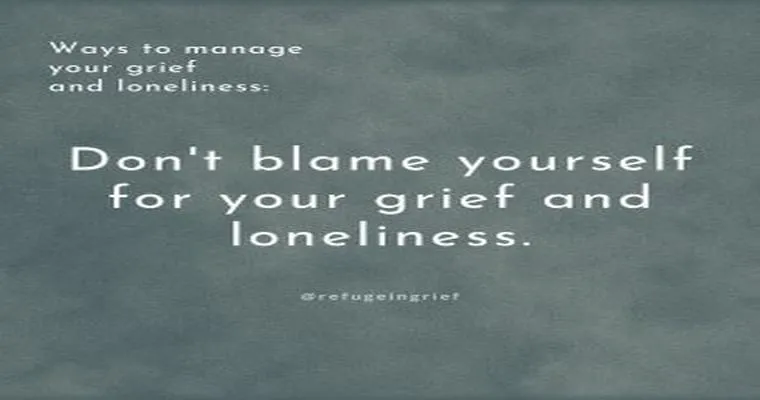Experiencing feelings of "loss", "grief", and "loneliness" is a profound human experience that many individuals face at some point in their lives. Whether it is the death of a loved one, the end of a significant relationship, or even the loss of a job, these emotions can be overwhelming and isolating. The journey through grief is not linear; it often involves a complex mix of emotions that can leave one feeling adrift and disconnected. In this article, we will explore the stages of grief, coping mechanisms, and the importance of seeking support during these challenging times.
When someone is "grieving", it is not uncommon to feel lost. The world can seem dimmer, and the future may appear uncertain. This feeling of being adrift is a natural response to loss. Understanding the "five stages of grief"—denial, anger, bargaining, depression, and acceptance—can provide insight into this emotional turmoil. Each person experiences these stages differently, and some may revisit stages multiple times. Recognizing that this is a normal part of the grieving process can offer comfort to those who feel confused or overwhelmed.
Loneliness often accompanies grief. After a loss, one might find themselves isolated, feeling as if no one can truly understand their pain. It is crucial to acknowledge these feelings and to seek connection. Engaging with friends and family, joining support groups, or even talking to a professional can help bridge the gap of "loneliness". Sharing your story and emotions with others can provide relief and foster a sense of community during a time when you may feel most alone.
Coping with "grief" requires patience and self-compassion. Everyone navigates their sorrow in unique ways. Some may find solace in creative outlets such as writing, art, or music, while others may prefer physical activities like walking or yoga to help process their emotions. It’s important to allow yourself to feel and express your grief, rather than suppressing it. Journaling can also be a therapeutic tool, allowing you to articulate your feelings and reflect on your journey through loss.
In addition to personal coping strategies, it is vital to understand the importance of seeking professional help if feelings of grief become too overwhelming. Therapists and counselors who specialize in grief can provide valuable guidance and support. They can help you develop healthy coping mechanisms and offer a safe environment to express your feelings.
Ultimately, while the journey through loss, grief, and loneliness can feel isolating, it is essential to remember that you are not alone. Many people have walked this path and have found a way to not only survive but to thrive again. By reaching out for support, engaging in self-care, and allowing yourself to grieve, you can begin to heal. Life may never be the same, but it can still be meaningful. Embrace the memories of what you have lost, and allow yourself the grace to move forward, one step at a time.





